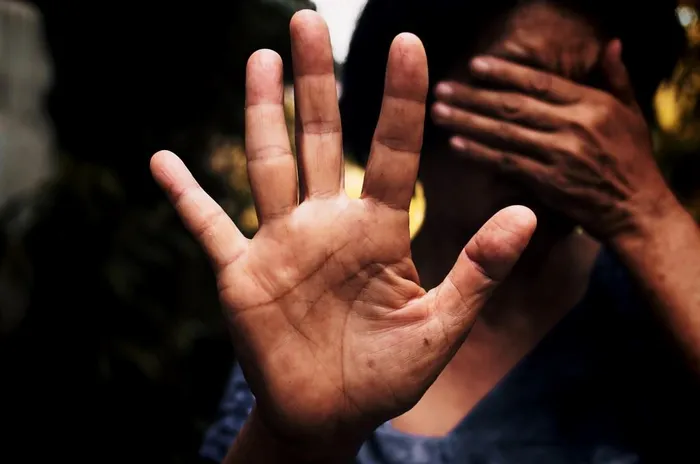Convicted of gender-based violence — but no jail time for Kathu man

A Kathu man has been convicted of repeatedly assaulting his partner in a gender-based violence case and received an eight-year prison sentence, wholly suspended for five years, on condition that he does not reoffend.
Image: File picture / Illustration
A 37-YEAR-old Kathu man has received a wholly suspended sentence after being convicted of multiple assaults on a woman in a case of gender-based violence and domestic abuse — a decision that has sparked debate amid the ongoing efforts to combat gender-based violence and femicide (GBVF).
The Kathu Regional Court this week convicted Elvis Motsamai on three counts of assault with intent to cause grievous bodily harm, following a series of attacks on his 33-year-old partner. The assaults, reportedly triggered by accusations of infidelity, left the woman traumatised and in fear for her life.
The Northern Cape police said the victim laid charges after an incident in June 2023, leading to Motsamai’s arrest and eventual prosecution. He was released on bail while awaiting trial and remained out of custody until sentencing.
On Tuesday this week, the court handed down a sentence of eight years' imprisonment, wholly suspended for five years, on the condition that Motsamai is not convicted of any further assault during that period. He was also declared unfit to possess a firearm.
The decision means Motsamai will serve no prison time — unless he reoffends.
The sentence has stirred discomfort among activists in a country grappling with endemic violence against women and children, where GBVF has been declared a national crisis. In the Northern Cape — a province with a high rate of domestic abuse reports relative to its population — the verdict is a local flashpoint in a national debate.
Legal experts note that the sentence is within the bounds of judicial discretion, particularly for first-time offenders. Courts are empowered under South African law to impose suspended sentences where they believe the punishment will serve as a deterrent without unnecessarily contributing to the strain on the country’s overcrowded prison system.
For some, this ruling represents a measured approach: the accused now faces serious jail time should he commit any further acts of violence, sending a clear warning while also offering an opportunity for rehabilitation.
But for others — especially those affected by the widespread scourge of domestic abuse — such “leniency” may feel like a step backwards in the fight to end GBVF. Critics argue that suspended sentences often fail to reflect the gravity and repeat nature of abuse, and can leave survivors feeling unsafe and unsupported.
It also raises broader questions about policy effectiveness and public confidence in South Africa’s declared war on GBVF. The government’s own National Strategic Plan on GBVF calls for harsher penalties and zero tolerance, and the president has repeatedly called for the justice system to take GBVF cases more seriously.
In a statement, the SAPS in the Northern Cape said the conviction followed the "diligent investigation" of Detective Warrant Officer Boikanyo Pilane from the Kathu Family Violence, Child Protection and Sexual Offences (FCS) Unit, and reaffirmed the police’s commitment to tackling gender-based violence in the John Taolo Gaetsewe District and the province.
“Justice has been served for a 33-year-old woman from Kathu who was a victim of gender-based violence and femicide,” the SAPS statement said.
Yet for many in affected communities, “justice” may feel incomplete when a conviction carries no immediate consequence for the perpetrator. The case follows a pattern seen across South Africa — survivors brave enough to report abuse, only to see their attackers avoid incarceration, often returning to the same communities.
As South Africa continues its efforts to strengthen the response to gender-based violence, cases like this highlight how GBVF matters are handled in court — and raise questions about how legal outcomes are experienced by survivors and communities.